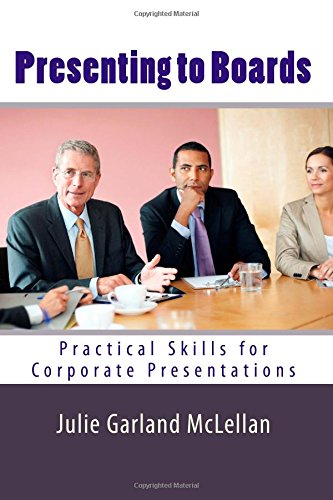Dear reader,
Welcome to the September 2015 edition of The Director’s Dilemma.
This month our protagonist encounters a situation where a diligent CEO has overstepped the mark but only because the board is not fulfilling its duty. I hope you enjoy the dilemma and its suggested responses.
To read this email in your browser, go to www.mclellan.com.au/newsletter.html and click on 'read the latest issue'.
Wayne is a new member on the board of a national sporting peak body. He has a background that includes high level competition in the sport and also an awareness of governance from being in business. This is his first NED role.
His induction and recruitment were largely handled by the CEO and his only meeting with the Chairman pre-appointment was perfunctory. It appeared that the chairman assumed Wayne was skilled and interested in the role and that he understood how to behave as a director. The conversation focused mostly on the sport and competitions plus Wayne’s background and acquaintances.
The board meetings are well run and the board is supported by a very professional secretariat; Wayne is concerned, however, that the attention given to financial and compliance reports is scant, the discussions of strategy and positioning the sport for better access to grants and corporate funding are light-weight and the directors really want to associate with the players and talk about teams, selections and results.
Wayne has started to put forward some challenging questions about the long term viability of the sport and the threat of a government move to favour sports with mass participation at a personal level rather than elite achievement at an international amateur level.
Now the CEO has proposed another board recruit and Wayne has realised that board succession planning in this organisation is run by the CEO. He is happy that the CEO is acting in the best interests of the organisation and approves of the individual proposed but is aghast at the poor governance and, even more so, at the board’s apparent unconcern.
Without biting the hand that fed him, how can Wayne establish better governance over the board succession process?




